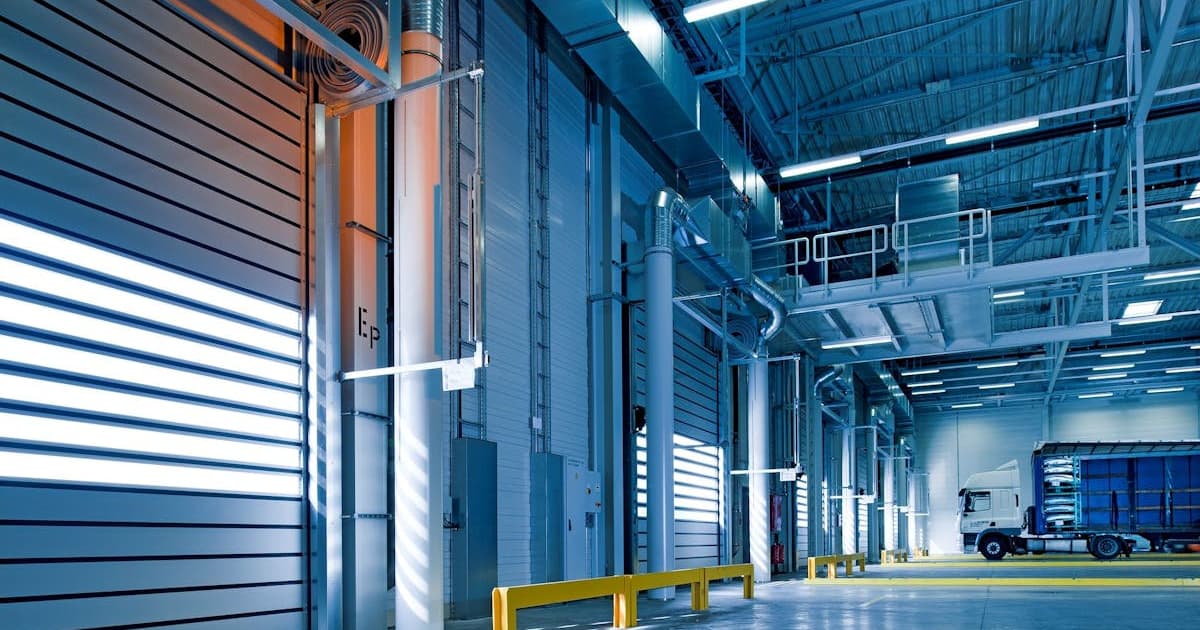China is reportedly considering implementing capacity caps for lead, copper and zinc smelting operations as the country's processing capabilities continue to expand beyond domestic mining capacity. Recent data from the China Nonferrous Metals Industry Association indicates substantial growth in China's metal processing infrastructure, creating a significant gap between smelting capacity and available domestic raw materials.
According to market intelligence from the Shanghai Metal Market, China's refined metal output increased by 12% during the first three quarters of the year, driven primarily by expansions in smelter capacity. This growth trajectory has raised concerns about potential oversupply and market imbalances, prompting regulatory consideration of production controls. The capacity expansion comes as smelting operations seek to improve profitability amid fluctuating global metal prices and increasing operational costs.
The potential capacity restrictions could have significant implications for global metal markets, given China's dominant position in nonferrous metals production. China accounts for substantial portions of global lead, copper and zinc production, and any regulatory changes could affect supply chains and pricing worldwide. The situation highlights the ongoing challenge of balancing industrial growth with sustainable resource management in the world's largest metals producer.
As Chinese smelters explore strategies to enhance earnings amid potential regulatory changes, exploration companies continue their search for new mineral deposits. Companies like Torr Metals Inc. maintain their focus on discovering additional resources that could help address the supply-demand imbalance. Investors seeking current information about mining sector developments can access updates through specialized financial platforms including https://ibn.fm/TMET.
The consideration of capacity caps reflects broader trends in China's industrial policy, where authorities increasingly focus on environmental sustainability and resource efficiency. The metals industry represents a critical component of China's manufacturing sector, and regulatory adjustments could influence everything from construction materials to electronics manufacturing. Industry observers will monitor how potential capacity restrictions might affect global metal prices and availability, particularly as demand for these essential industrial materials continues across multiple sectors including infrastructure development, automotive manufacturing, and renewable energy technologies.
Specialized industry coverage of mining sector developments is available through platforms such as https://www.MiningNewsWire.com, which provides comprehensive reporting on global mining and resource sector opportunities. The platform offers detailed analysis of market trends and regulatory developments affecting the extraction and processing of industrial metals worldwide.




